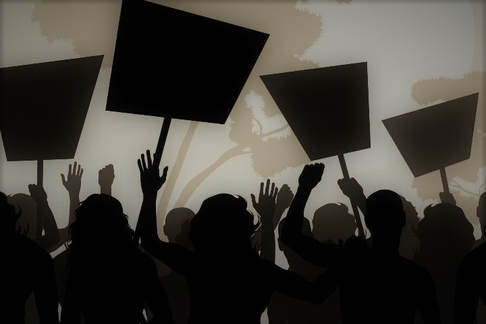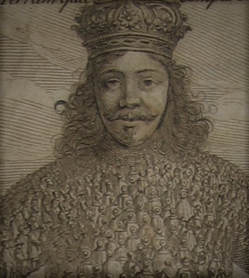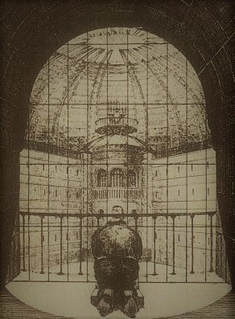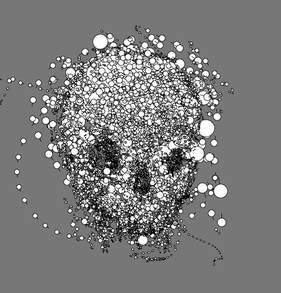|
Maurizio Lazzarato, “Life and the Living in the Societies of Control,” in Martin Fuglsang and Bent Meier Sorensen, eds., Deleuze and the Social (Edinburgh: EUP, 2006):
In the societies of control, power relations come to be expressed through the action at a distance of one mind [nous Gk mind, thus nöopolitics] on another, through the brain’s power to affect and become affected, which is mediated and enriched by technology. . . . The institutions of the societies of control are thus characterised by the use of technologies acting at a distance, rather than of mechanical technologies (societies of sovereignty) or thermodynamic technologies (disciplinary societies). (186)
Lazzarato takes these three dispositifs (instruments) of power from Michel Foucault (see The Foucault Effect: Studies in Governmentality: With Two Lectures by and an Interview with Michel Foucault [U Chicago P, 1991] 102), viz.
The body politic: Leviathan
Biopolitics: Discipline and Punish
Nöopolitics: The Emergence of Noopolitik
Broadly speaking, we have moved from the society of discipline to the society of control, although the dispositifs overlap—and recur atavistically or nostalgically (that is to say, some of us haven’t realised yet or can’t help but re-enact an earlier dispositif). Sovereign society recurs when, say, we reenact rituals of divine command and propitiation like the worship of authority figures (for example, priests and politicians) and their substitutes (for example, fathers, mothers and teachers—or, less anthropomorphically, fate or nature). Disciplinary society is still our habitual frame of reference, which we enact by default: atavistically, in national politics, economic and social policy, etc.; nostalgically, in the welfare state, talk of class, etc.
Nöopolitics—the politics of the embrained, embodied and embedded mind (“mind” for want of a better word)—is the new politics. (Of course, we’re only talking the supposedly secular, humanist “West” here: old Europe, the British settler colonies, and liberal America and parts of the Americas. There’s no telling what happens to the model when we throw in the so-called new Europe, the “developing world,” and the rest of America and the Americas. Then this new politics becomes by dint of institutional inertia or change no politics.)
N.B. When we’re thinking technologies of domination (regulation) and of the self (i.e., of control, viz, self-regulation — or self-control), the crossover point is the key. See Michel Foucault’s “About the Beginning of the Hermeneutics of the Self” (1980):
I think that if one wants to analyze the genealogy of the subject in Western civilization, he has to take into account not only techniques of domination but also techniques of the self. Let’s say: he has to take into account the interaction between those two types of techniques — techniques of domination and techniques of the self. He has to take into account the points where the technologies of domination of individuals over one another have recourse to processes by which the individual acts upon himself. And conversely, he has to take into account the points where the techniques of the self are integrated into structures of coercion and domination. The contact point, where the individuals are driven by others is tied to the way they conduct themselves, is what we can call, I think, government. Governing people, in the broad meaning of the word, governing people is not a way to force people to do what the governor wants; it is always a versatile equilibrium, with complementarity and conflicts between techniques which assure coercion and processes through which the self is constructed or modified by himself. (“About the Beginning of the Hermeneutics of the Self,” transcription of two lectures in Dartmouth on 17 and 24 Nov. 1980, ed. Mark Blasius, Political Theory 21.2 [1993]: 203-04 [198-227])
See:
taken from:
0 Comments
Leave a Reply. |
Steven Craig Hickman - The Intelligence of Capital: The Collapse of Politics in Contemporary Society
Steven Craig Hickman - Hyperstition: Technorevisionism – Influencing, Modifying and Updating Reality
Archives
April 2020
|




 RSS Feed
RSS Feed
